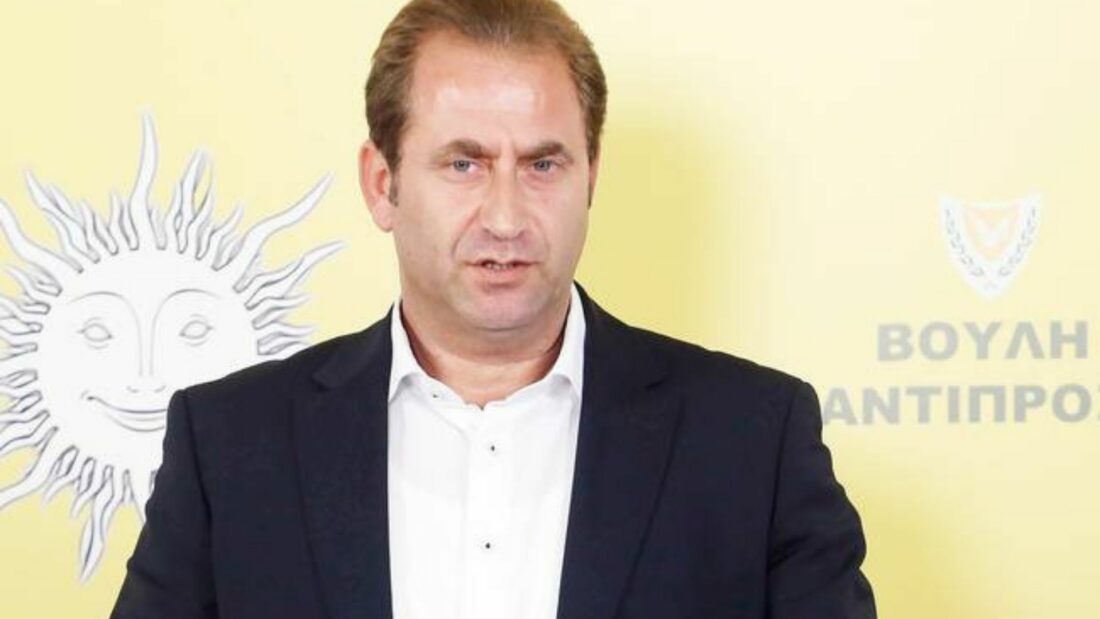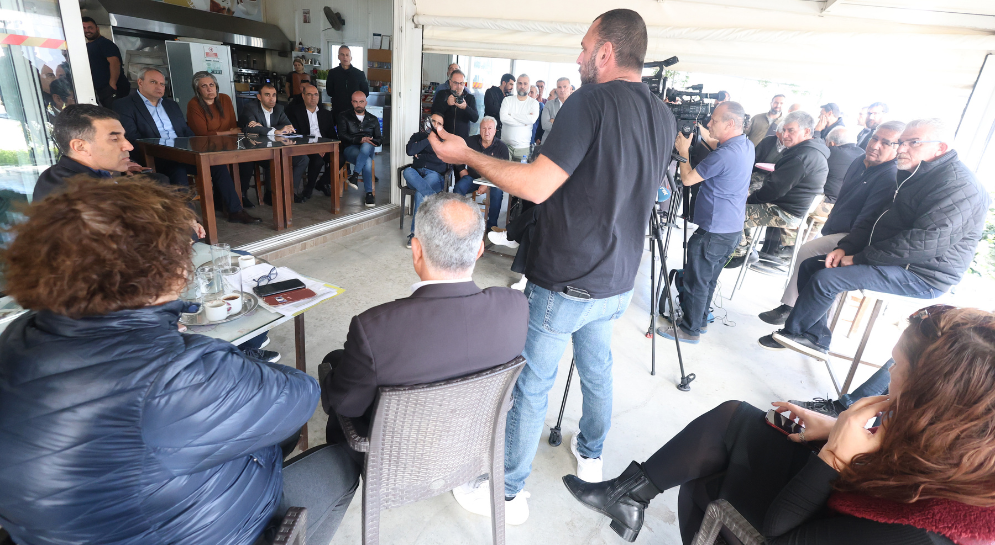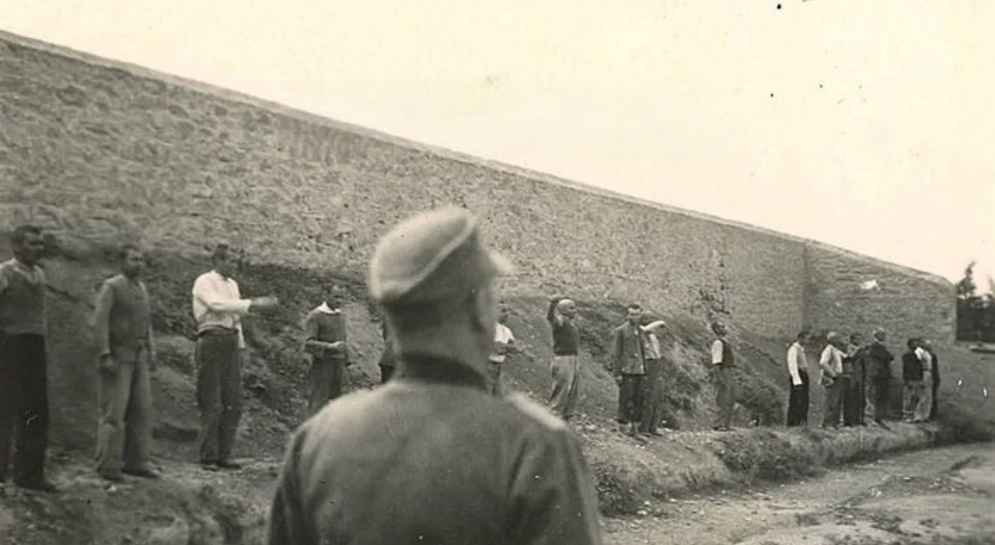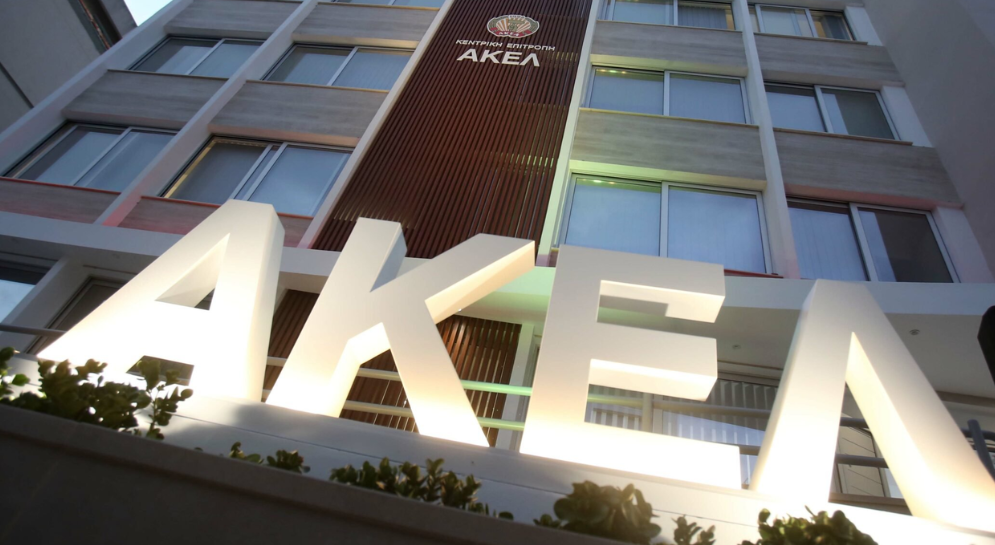
Interview with AKEL Political Bureau member and Parliamentary Representative Giorgos Loukaides
Sunday 6 March 2022, AKEL C.C. Press Office, Nicosia
“The more respect for international law is downgraded, the more small states like Cyprus are weakened”
- How do you think the Russian-Ukrainian crisis will affect the Cyprus problem and the efforts for a resumption of the talks? How do you interpret Russian Foreign Minister Lavrov’s reference to the “Turkish Republic of Northern Cyprus” region without the characterisation of “so-called”?
GL: The immediate consequence as far as the Cyprus problem is concerned is its further downgrading, given that international interest will naturally be focused on what is developing in Ukraine. In addition, the more respect for international law is being downgraded and the law of the strong prevails, the more the efforts of small and vulnerable states, such as Cyprus, which have international law as their main weapon, are being weakened.
As for Russian Foreign Minister Lavrov’s reference, it was clearly unfortunate. We would like to believe that it was not done deliberately. In any case, the Russian Federation’s decision to recognise Donetsk and Luhansk sets yet another precedent, similar to that of the illegal regime (in the occupied areas), which evidently has a negative impact on our efforts in the way I described above. We hope that this development, in its essence, together with the broader context as it is evolving, will not affect the Russian Federation’s position prospectively on the Cyprus problem which has always backed positions of principle.
- Do you have any comment on the reference by EU High Representative Borrel, Foreign Minister Kasoulides, Greek President Sakellaropoulou and others that after World War II this is the first time that military operations have been carried out within Europe?
GL: These unfortunate and unhistorical statements were made following similar statements issued by European and American officials which, I suspect, were influenced by them. The deliberate disregarding on the part of American and EU officials of the crime that was committed whether in Cyprus, in Yugoslavia or elsewhere is easily explained. They would not have made a reference to similar cases for which they themselves were instrumental and/or handled them with hypocrisy within the context of their double standards policy.
One would have expected however that Greek and Cypriot officials would have tried to make use of the inflated sensitivity with which European and American officials are presenting themselves in this case, they should at the very least have reminded them of the responsibilities that the international community itself has towards a small and weak people who have been suffering for 48 years from the consequences of the Turkish invasion and occupation.
- Parliament passed a resolution calling on the international community and the EU to abandon the policy of double standards and the one-sided invocation of international law with regards Russia’s invasion of Ukraine and Turkey’s invasion of Cyprus. Do you think that now something will change towards Cyprus?
GL: As I have already mentioned, this is the pressing need – challenge as far as our foreign policy and efforts to draw international support for a solution to the Cyprus problem is concerned. However, we are under no illusions whatsoever as to the real possibilities of this situation bringing about any substantive change in the stand and general behaviour of both the US and the EU. Their choices, as well as the choices of everyone in the international system in general, will continue to be determined by their interests.
Consequently, especially from the US and NATO, which believe that they could and can intervene militarily and otherwise in any part of the world, thousands of kilometres away from their own territory, ostensibly on the pretext supposedly of their own security, we do not expect them to turn into some humanitarian fraternity from now on. Rather, they will use the reprehensible Russian invasion of Ukraine as the perfect alibi to promote their own selfish interests and drive the planet to even greater militarisation, trampling on international law, as they normally do anyway.
- Could Cyprus differentiate itself from the EU’s decisions to impose sanctions on Russia and grant military aid to Ukraine? What would be the possible gains and losses?
GL: At the same time that the Republic of Cyprus must autonomously formulate its tactics and strategy, we recognise that it is very difficult for it to take a different stand from Cyprus’ partners on the issue of sanctions against the Russian Federation. However, the sanctions must be targeted and concern those responsible for the invasion of Ukraine and not lead to the collective punishment of the Russian people.
At the same time, whatever sanctions are pursued they must be in accordance with international law and show respect for human rights and freedoms. In no way do we agree with the hysterical reactions of certain forces and circles who are already moving outside these frameworks that we have outlined before, such as the silencing or persecution of mass media outlets and their functionaries. Much less do we agree with actions and measures which, instead of de-escalating an already dangerous situation, lead to the further military escalation of the situation. The goal was, and must remain, the cessation of the fighting, the restoration of international law and the turn to dialogue and diplomacy.
Let me just say that there can be no talk of gains and losses. Of all that is happening, it’s the Ukrainian people who are paying the heaviest price. I believe the Russian people, the peoples of Europe and humanity as a whole will follow. The only one who will without any doubt benefit from everything that is currently unfolding in Ukraine will be the economic oligarchy in the United States.




